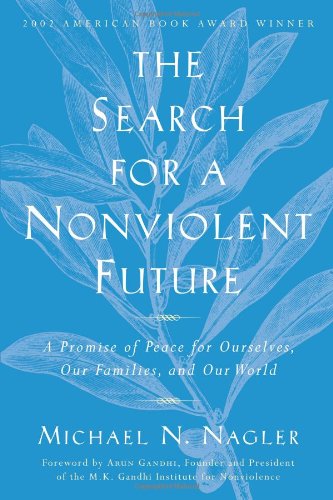“To see Gangabehn at her loom is a stirring sight. When this unlettered but self-possessed sister plies at her loom, she becomes so lost in it that it is difficult to distract her attention, and much more difficult to draw her eyes off her beloved loom.” ~ Gandhi, Autobiography, p. 494
We all know by now—for those following this column—that spinning and weaving played an important role in the Indian Freedom Struggle. The strategic insight that Gandhi happened upon was that it gave people work and in doing so, empowered them to feel less dependent on the colonial system in their country. Gandhi describes in his Autobiography that he did not even think of spinning, nor had he seen a spinning wheel before 1915, that is, already versed in satyagraha from his days in South Africa, and looking for ideas for the Indian context. But the idea did not come to him at first except in the form of wanting to have something other than British goods to wear.
He felt uncomfortable preaching swadeshi, locality, while wearing British cloth—they should make their own. But it was quite a search he describes. First, they acquire looms, for weaving, and this is before having any cotton to spin or any lesson for how to use a loom. Then they set their sights on the spinning wheel only to find that no one they know can spin and when someone tries to learn, it eludes them. It’s a difficult art when you start! (I speak from experience…) Finally, a friend, Gangabhen, arrives and tours around Gujarat state (Gandhi’s home area) and finds some spinners in Vijapur, who are willing to spin but want someone to give them cotton slivers to spin and someone to buy their yarn from them.
At long last, spinning was discovered by the movement—not by a psychic insight from Gandhiji, but from a laborious search after swadeshi, and from the wishes of the villagers themselves—it was more grassroots than many people realize about the movement today. Gandhi, however, realizes at last that the power of spinning and weaving did something more than just give people jobs—it aided concentration, which is a key to spiritual development. Fascinating!
Thanks for sharing a comment below.
About Daily Metta
 Stephanie Van Hook, the Metta Center’s executive director, launched Daily Metta in 2015 as a way to share Gandhi’s spiritual wisdom and experiments with nonviolence.
Stephanie Van Hook, the Metta Center’s executive director, launched Daily Metta in 2015 as a way to share Gandhi’s spiritual wisdom and experiments with nonviolence.
Our 2016 Daily Metta continues with Gandhi on weekdays. On weekends, we share videos that complement Michael Nagler’s award-winning book, The Search for a Nonviolent Future: A Promise of Peace for Ourselves, Our Families, and Our World. To help readers engage with the book more deeply, the Metta Center offers a free PDF study guide.
Enjoy more Daily Metta: See the archives
Get Daily Metta by email: Subscribe








